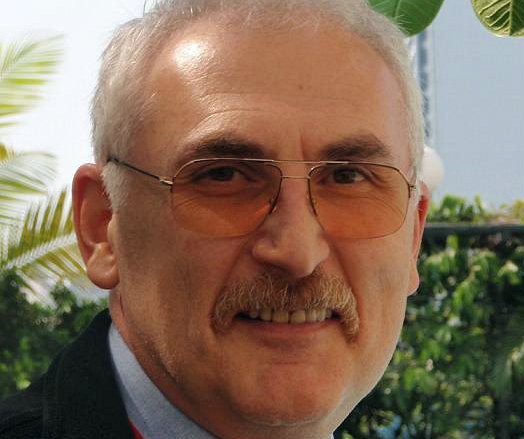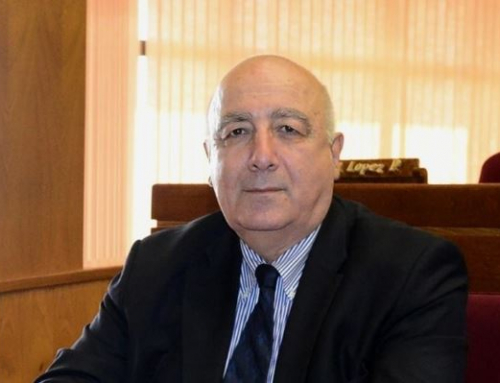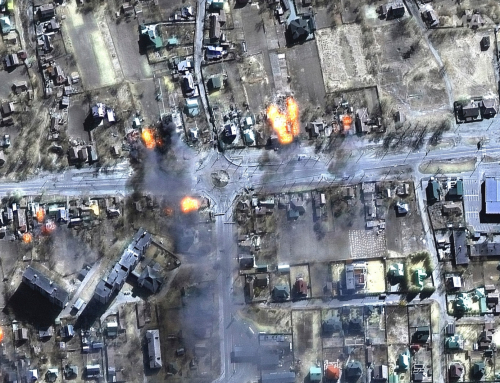
Murman Margvelashvili is Director of Energy Studies at World Experience for Georgia.
Georgia is an energy dependent country – with 65% of energy demand being covered from external sources. Despite the richness in hydropower resources Georgia still has a negative balance even in electricity import-export. Energy dependence has a negative impact on the economy and constitutes a significant threat of political dependence. How will the dependence on external sources change in the future and what influence will this have on the country’s political, economic, social and environmental conditions, depends on the strategy chosen and implemented?
Countries across the world use various measures for covering expected energy demand and improving energy security: they develop traditional fossil fuel and hydro power, as well as solar, wind, biomass and geothermal energy; they strive to use the energy resources more efficiently. These measures are optimized and formulated in corresponding energy strategies developed jointly by energy sector specialists, research organizations and politicians under the supervision of the highest tiers of government.
Unfortunately, in Georgia we do not have a competent energy strategy yet. In spite of apparent success in energy supply, the lack of long term strategic vision has resulted in sporadic development, uncoordinated and inefficient decisions, projects, legal and organizational changes. The consequences are now becoming obvious: construction of new hydro power plants has been slow and insufficiently related to the country’s needs; production and use of local fossil fuels has not been developed, solar and wind energy are practically not used and the limited energy resources are wasted in many ways. Due to vague legislation and an unclear market situation, strategic investors have refrained from entering the country, external energy dependence and potential for political dependence has continued growing, nontransparent and potentially damaging long term agreements have been concluded.
The decisions which required comprehensive visions, complex calculations and multifactor analysis were made based on limited information, beliefs and maybe individual interests. Our specialists and politicians still continue operating with faulty concepts and often cause skepticism among colleagues. The lack of competence puts Georgia in a very dangerous situation where the probability of further deterioration of energy security and political standing is high.
Unfortunately, the absence of a formulated strategy not merely means the absence of a strategy document, it also means the absence of processes and capacity for proper planning, strategic thinking and informed decision making in the sector. It means the absence of relevant data, analytic tools, qualified professionals and effective interaction between institutions. This also signifies the lack of qualified control in this most important and sensitive strategic sector, from the parliament and highest levels of government.
The Ministry of Energy, the non-governmental sector and energy experts all agree that we need a new energy policy and strategy which will prevent us from wasting the limited opportunities and energy resources, will promote investment, lead to capacity building and rapid sustainable development of the sector. The corresponding guidelines developed by WEG under USAID funding have been accepted by the ministry for action.
The plan envisages concurrent development of the strategy document together with professional mechanisms and interagency links for its further refinement and practical implementation. The system for data collection and analysis, modern computer models, collaboration of young and experienced experts, highly qualified western technical assistance and involvement of various governmental agencies are essential components in this process. This is essentially an upgrade of the sector’s strategic governance, which is probably the most important and paying investment in the sector. Organization and coordination of the work process is in the competence of the Ministry of Energy; however, due to insufficient in-house experience and conceptual knowledge, the role and responsibility of donor agencies increases dramatically.
The quality of public involvement and parliamentary control is also acquiring a paramount importance for the ultimate success of the sector. It is essential that politicians and the wider society get involved in a more qualified manner, not only demanding low tariffs, but also ensuring that the sector is professionally managed by qualified specialists based on a realistic energy strategy and modern energy systems. This in itself will become a guarantee for reliable energy supply and price optimization, for the country’s sustainable economic growth, social development and political independence. We should make sure that tomorrow we don’t face failures due to today’s neglect.
Murman Margvelashvili is Director of Energy Studies at World Experience for Georgia (WEG), an independent Georgian think tank.




Leave A Comment
You must be logged in to post a comment.